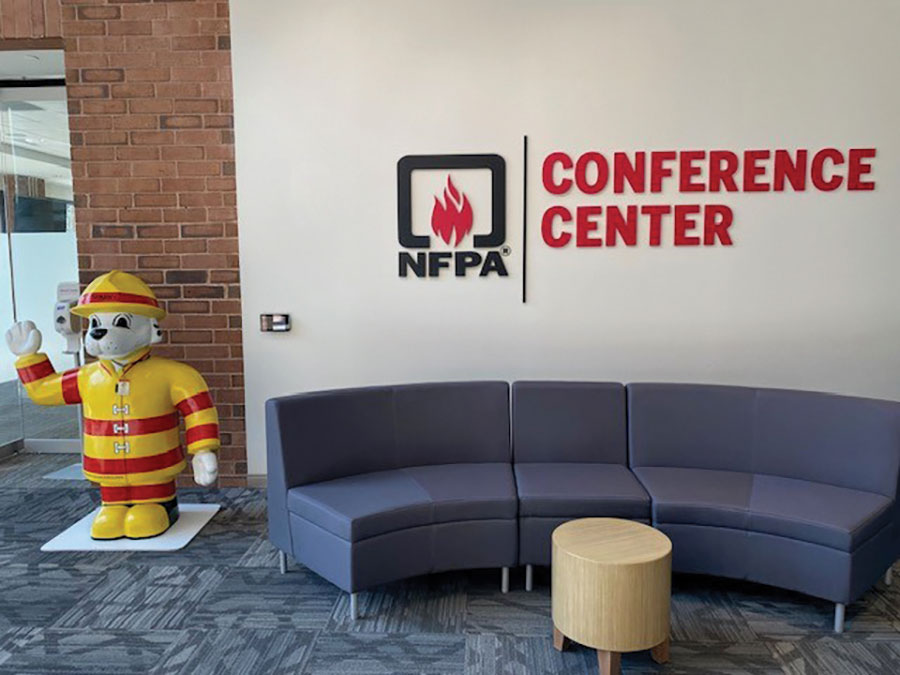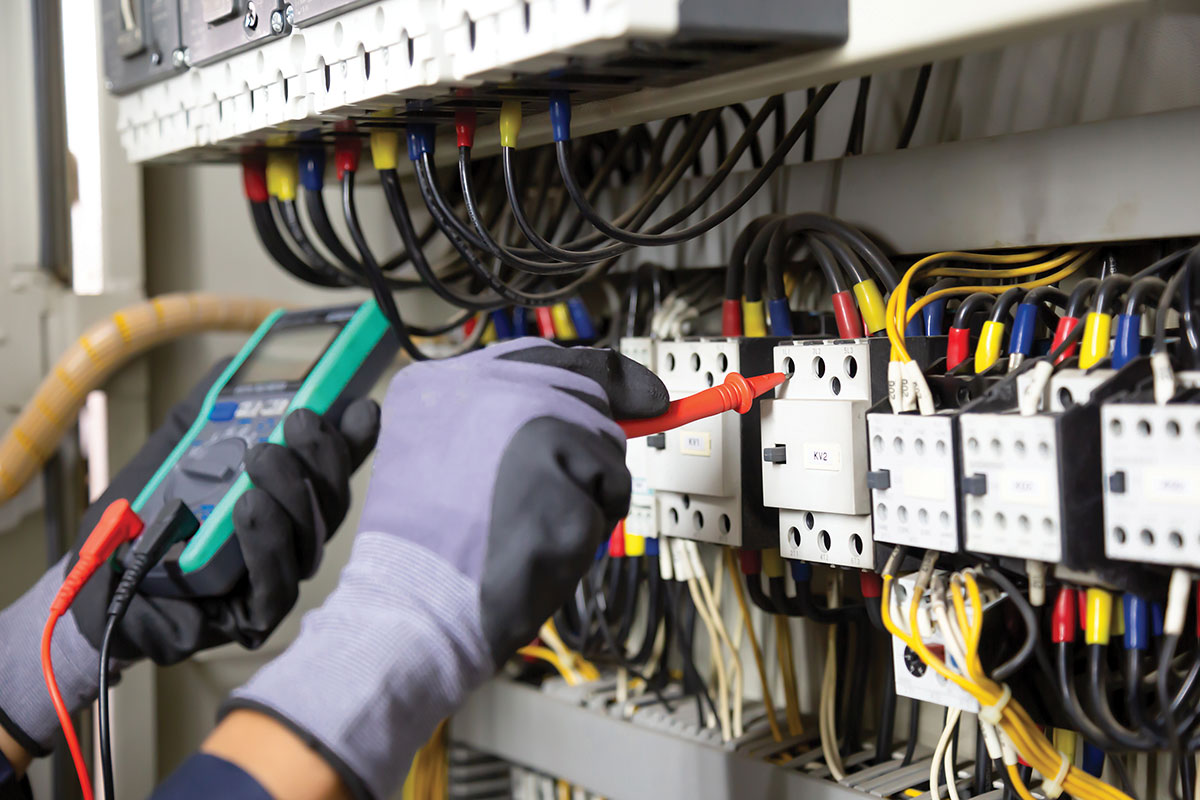A century ago, building and construction trades experienced their first boom period as the U.S. rapidly shifted from an agricultural economy into an industrial colossus.
Today, with an economic boom pointing America toward the new millennium, the nation is again facing a major shortage of skilled career employees in its largest industry—construction.
With an economic boom pointing America toward the new millennium, the nation is facing a major shortage of skilled career employees in the construction industry.
The tight labor market is interfering with young job-seekers’ decisions to pursue long-term career opportunities in skilled building and construction trades, Square D has learned from its electrical contracting customers.
In some parts of the U.S., entry-level electrical apprentices might earn nearly as much today in fast-food restaurants or other less-skilled service jobs. Unskilled service jobs, however, cannot offer as much career achievement or earnings potential as electrical construction, an industry that sees no end to its growing technical sophistication and complexity.
An estimated 240, 000 skilled contracting workers each year are retiring or leaving contracting for different occupations. Among electricians, the shortage is having a ripple effect on Square D and other manufacturers of electrical products, say executives at the Palatine, Ill.-based North American electrical industry leader. It’s been obvious for several years that the short supply of electrical contractors could hamper the long term growth potential of the electrical industry—including, of course, Square D products, systems and services, said Chris Richardson, Square D president. We’ve been a leader in this industry for 95 years and we needed to step up and get involved.
Square D is leading the effort among electrical contractors and manufacturers from around the country by investing in electrical industry career development, awareness and professionalism. To date, Square D has provided $1.25 million for partnership programs with two leading not-for-profit national educational foundations, the National Center for Construction Education and Research (NCCER) and the Electrical Contracting Foundation (ECF), an arm of the National Electrical Contractors Association (NECA).
NCCER Targets New Contracting Workforce Entrants
NCCER—affiliated with the University of Florida and headquartered in Gainesville—focuses on attracting high school students and young adults into more than 20 different construction specialties. The educational group concentrates on standardizing quality craft training, management education and safety programs.
Within electrical construction alone there are more opportunities than ever, and it is a very rewarding career for those willing to invest the time required to master today’s advanced technology, said Dan Bennet, NCCER president. There is an especially high demand for electricians with skills in such areas as computer networking and fiber optics.
The curriculum developed and published by NCCER currently is being adapted to CD-ROMs for students to use on multimedia computers. NCCER course materials are taught nationwide in thousands of secondary and post-secondary schools. The group reaches out not only to students, but also parents, teachers and potential employers. Bennet says that NCCER urges the schools, local contractors and trade associations to develop partnerships that encourage youths to consider careers in the construction trades.
Contractors Emphasize Technical Change
Today’s electricians and their contractor employers must adapt to rapid technical change as well, according to the Electrical Contracting Foundation, the National Electrical Contractors Association’s career research and educational arm. NECA and ECF share offices in Bethesda, Md.
Established in 1990, ECF has developed a spectrum of programs and strategies to educate the current and future electrical contractor workforce. Financing and overseeing the foundation’s work is its Electri’21 Council, whose members including chief executives of electrical contracting firms and top management from manufacturers like Square D. Among its many projects, ECF offers important quality and field management training to help established contractors improve their business performance
We want to promote the electrical contracting career, said Russ Alessi, ECF’s executive director. We need to make sure that current managers can meet the challenges of our changing electrical industry environment, to gain the technical and business skills that are required today.
Like NCCER, the ECF’s career awareness programs include summer internships and apprentice programs for high school and college students. Their high school awareness activities also reach students and school guidance counselors. It also has developed a model electrical construction management curriculum now being offered by Purdue University and Iowa State. Alessi expects more colleges and universities to come aboard.
We realize that the workforce shortage is a serious impediment not only to our business but the nation’s economy, says Square D’s Richardson. There’s a whole lot riding on our collective ability to bring qualified people into electrical contracting.










Find Us on Socials